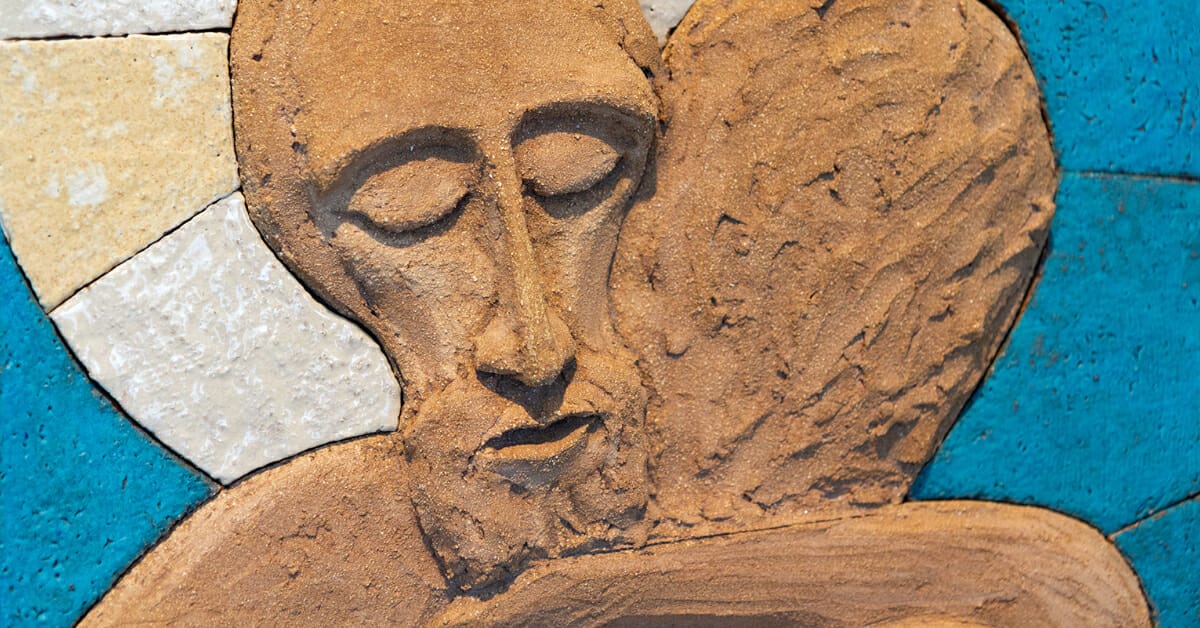“It’s not fair!” “They can’t do that!” “It’s not right!”
We used these words as children when we thought we were being wronged, or when we thought someone what getting away with something they shouldn’t.
But I feel this way when I read 2 Samuel chapters 15 and 16. There, David’s son Absalom shows a deep and unwarranted contempt for David. He steals David’s people from him and eventually steals most of his kingdom from him. Many of David’s trusted friends and advisors turn and side with Absalom. And on top of that, Absalom thumbs his nose at David by sleeping with David’s concubines/wives. It’s not fair!
Then, instead of fighting back, David leaves town. David allows Shimei to throw rocks at him and curse him…not just once, but all along the trail. And David prevents his guards from punishing Shimei. David just rolls over and takes it. It’s not fair!
And where is God in all of this?! Why doesn’t God step in and correct these wrongs? Is God on Absolom’s side? Is He continuing to punish David for his sins with Bathsheba? Does God not care about injustice? It’s not fair!
But, there’s something we need to learn from David in all of this. We need to learn to trust God’s sovereignty and plan at all times…even when it looks and feels unfair. David reminds us:
- It’s all in God’s hands.
- If God hasn’t changed the situation, it’s for a reason.
- We don’t know what God will work out in the end.
It’s simple to say, “Trust God.” But it’s hard to do; especially when what’s happening is not fair. But, as followers of God, we must keep telling ourselves, “It’s not about fairness. It’s about reliance!”



